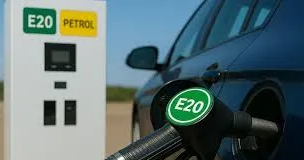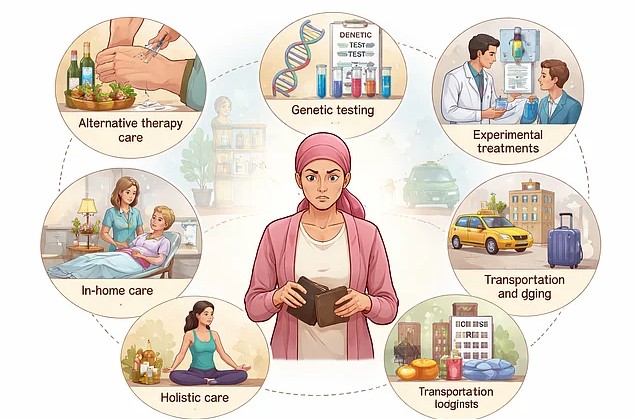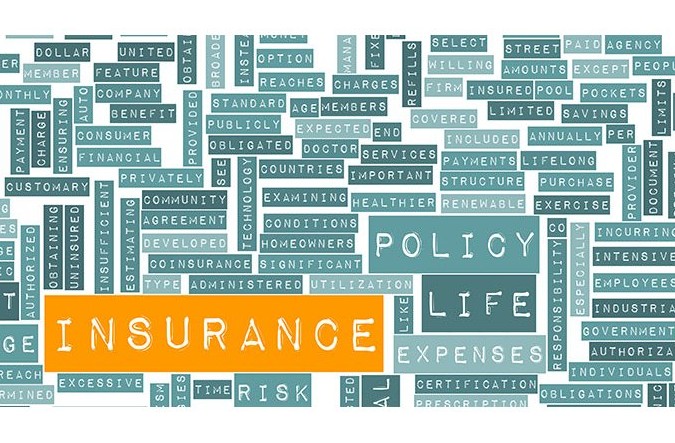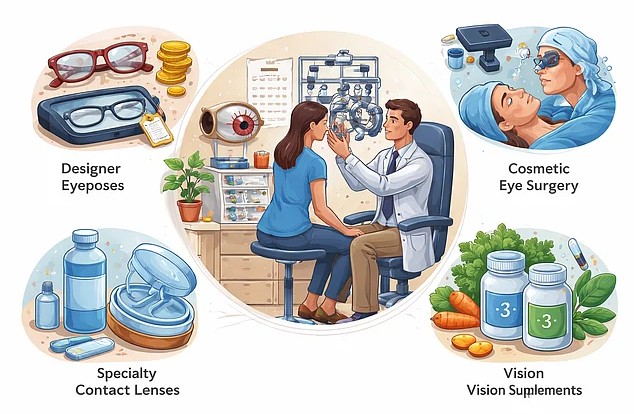India’s ambitious push towards greener fuels is facing a fresh challenge — this time from the insurance sector — as concerns mount over vehicle damage from E20 petrol and the possible rejection of claims. While ethanol blending is promoted by policymakers as a solution for environmental, economic, and energy woes, the rollout’s practical implications are proving more complex.
E20, a blend comprising 20 per cent ethanol and 80 per cent petrol, is viewed by the government as a triumph: it supports farmers, cuts crude oil imports, trims public expenditure, and lowers emissions. Yet, on the ground, a brewing storm between vehicle owners, insurers, and policymakers threatens to upset these well-intentioned plans.
Over the past year, E20 has been steadily introduced at select petrol pumps nationwide under the government’s ethanol blending programme, with the Centre targeting full-scale, countrywide availability by 2025–26 (five years earlier than its original 2030 deadline). Both Union Ministers for Petroleum and for Road Transport and Highways have repeatedly underscored the benefits. Hardeep Singh Puri recently credited ethanol blending with shoring up India’s energy security and triggering environmental gains, while Nitin Gadkari has challenged critics to produce evidence of harm.
But many vehicle manufacturers and motorists have voiced serious concerns about the safety and compatibility of E20 for older vehicles. This has prompted cautionary clarifications from insurers, potentially leaving non-E20-compliant vehicle owners exposed to high out-of-pocket costs if things go wrong.
Insurers Draw a Line
In August 2025, motor insurer ACKO publicly stated that insurance claims could be refused if engine failure followed the use of E20 fuel in vehicles not designed for such a blend. Responding to a user’s question on X (formerly Twitter), ACKO clarified: “In case of engine failure due to incorrect fuel usage, the claim would not be admissible. This falls under gross negligence as per our policy terms.”
ACKO on LinkedIn stated, “We are actively evaluating the technical impact of E20 fuel may have on engines and will consider relevant coverage enhancements if deemed necessary.”
This stance mirrors that of several other insurers and leaves vehicle owners scrambling to understand what their motor insurance actually covers.
The insurance question becomes even more critical in light of statements from the government and the auto industry. While industry bodies such as SIAM (Society of Indian Automobile Manufacturers) and ARAI (Automotive Research Association of India) have nominally supported the ethanol rollout, real-world owner and manufacturer feedback suggests a divergence between official optimism and lived experience.
Vehicle Owners Report Concerns
Several recent surveys indicate mounting unease. According to LocalCircles, a community social media platform known for citizen polls, petrol vehicle owners operating on E20 have reported mileage declines exceeding 10 per cent. In addition to reduced fuel economy, vehicle fitness may also be at risk, especially for cars and bikes produced before E20 compatibility became widespread. Ethanol’s ability to absorb moisture can lead to “phase separation” in petrol tanks, damaging metal components and accelerating rust. The survey found that 28 per cent of older petrol vehicle owners had experienced increased wear and tear or required additional repairs in 2025.







